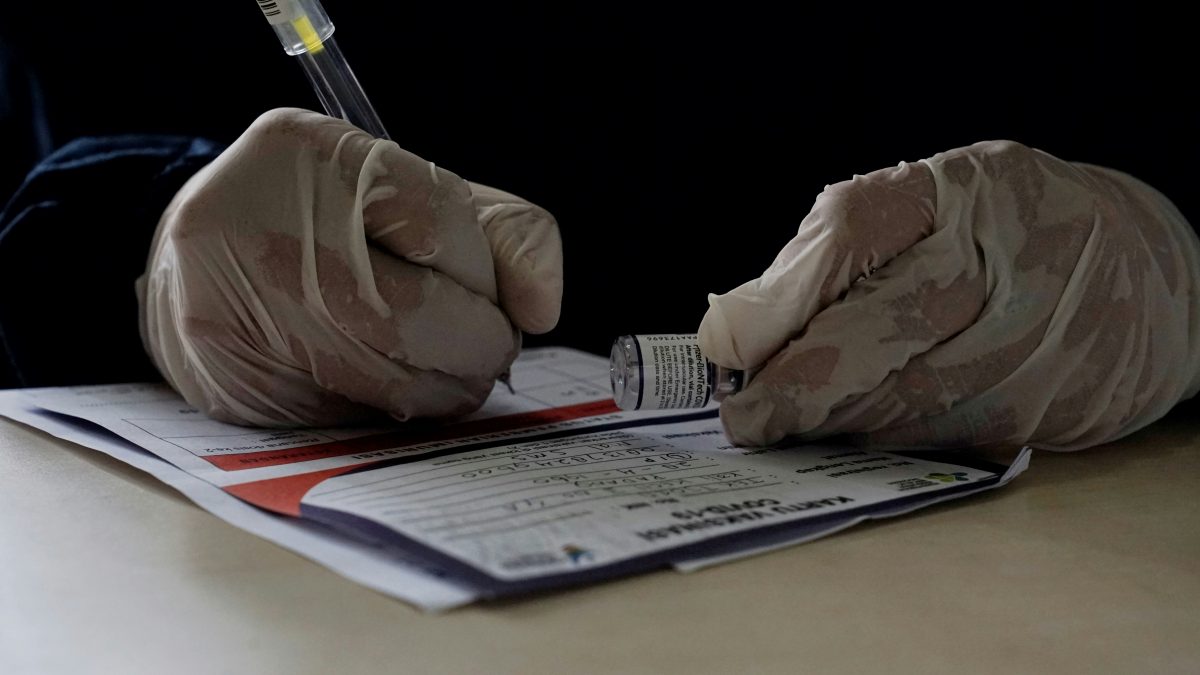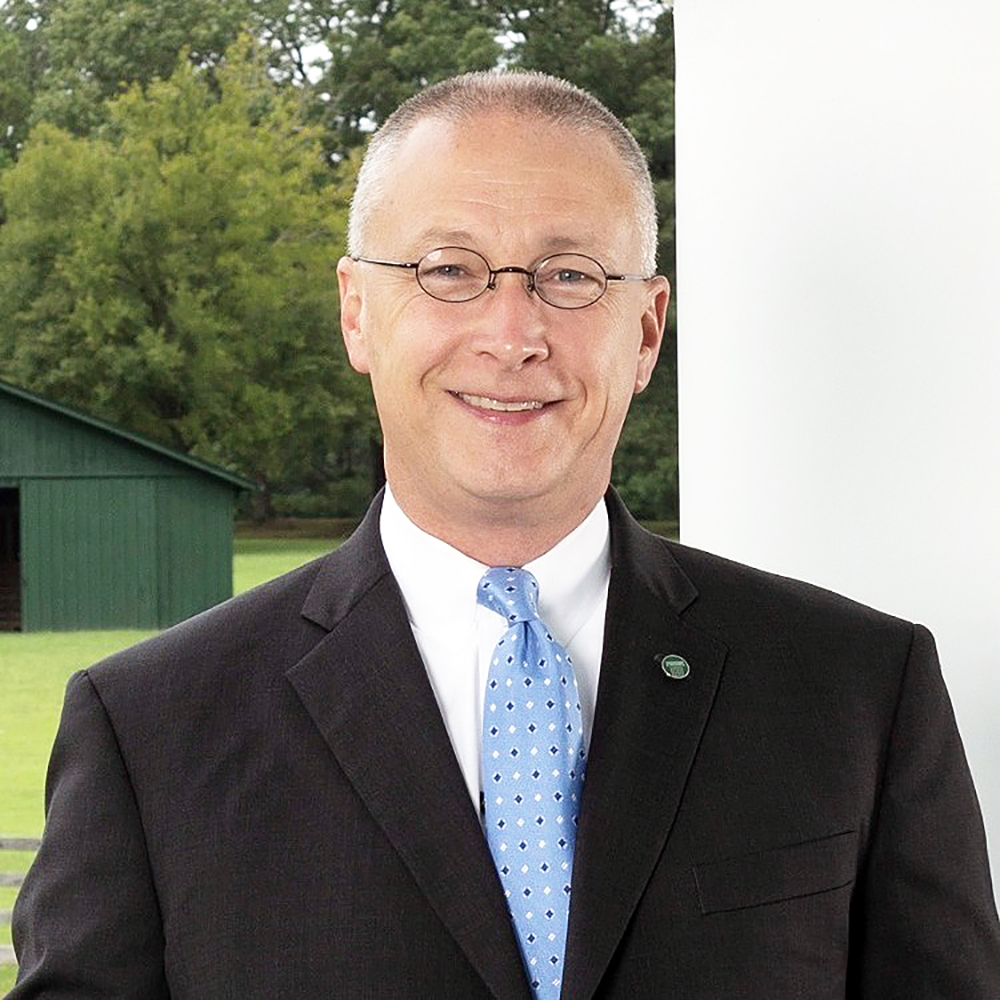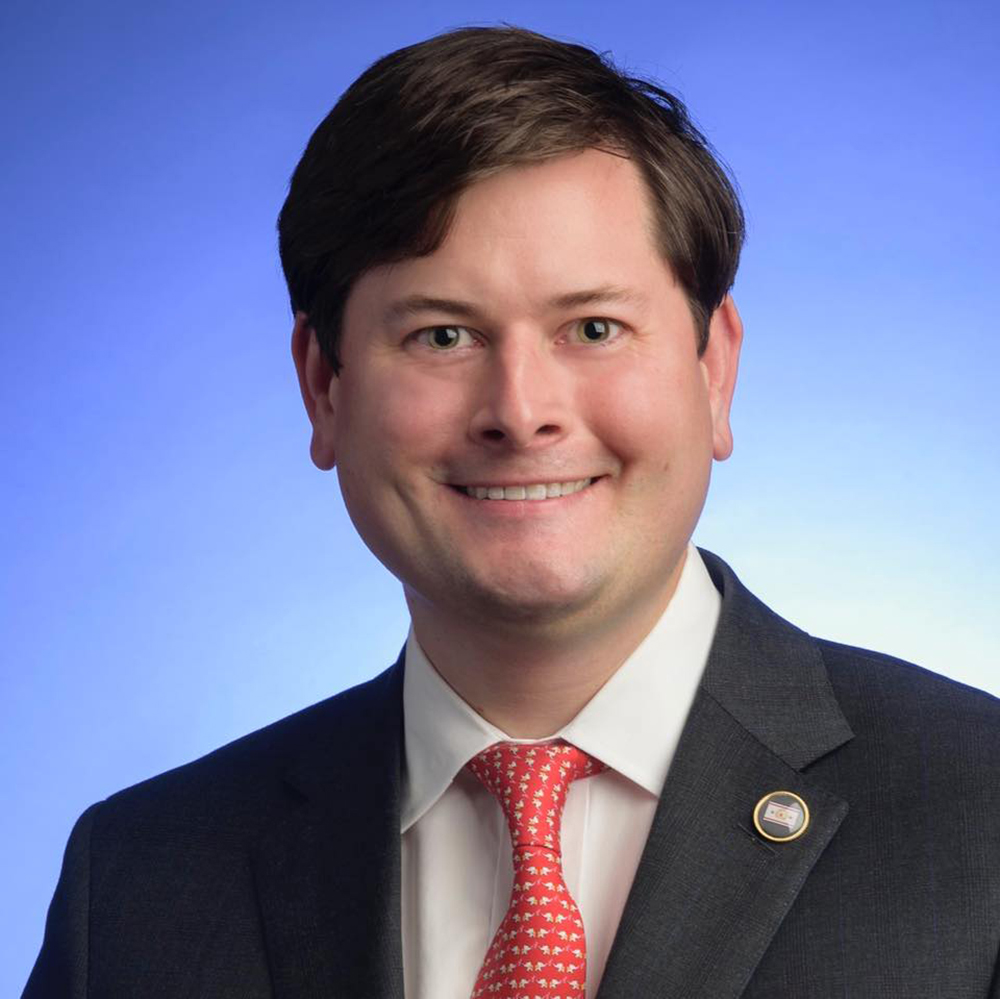The Tennessee Advisory Commission on Intergovernmental Relations (TACIR) found that upgrading current Tennessee Bureau of Investigation (TBI) crime lab facilities could help in expediting evidence testing. They also recommend potentially expanding crime lab services throughout West Tennessee.
Even though TBI has recruited 50 forensic scientists to address the surge in evidence testing, a draft report from TACIR shows that the lack of physical space has limited timely turnarounds.
Delays in evidence testing in the Eliza Fletcher case caused public outcry, prompting TACIR to work on the report. Cleotha Abston, the man who plead guilty to killing Fletcher, had been investigated in a separate sexual assault, however the Senate Democratic Caucus said that the DNA evidence “sat untested due to backlogs.”
“This type of testing delay was not an isolated occurrence,” TACIR’s report said.
The report went on to say that in 2022, TBI’s median turnaround time exceeded the national median in almost every category. They stated that turnaround times in sexual assault cases decreased from August 2022 to December 2024, they saw an increase in analyzing evidence in violence forensic biology cases.
State lawmakers attempted to pass legislation that would consider the construction of a new crime lab in Shelby County, yet while Senate Bill 2877 was passed in the Senate, its House companion ( House Bill 2961) was not.
Although the General Assembly did not enact this policy, TACIR said they find that expanding crime lab capabilities in East, Middle, and West Tennessee would be beneficial. They said this would address evidence backlogs, future demands, and “enhance efficiency through process improvements.”
TBI currently has three crime labs, located in Jackson, Knoxville, and Nashville. While the Tennessee Comptroller’s office recommended adding more staff to TBI’s team, they would also have to add more space to accommodate the employees.
The agency said that as of January 2025, they would only be able to add one forensic biology scientist to the Nashville lab, as Jackson and Knoxville were at capacity.
Shelby County’s growing volume of requests to the Jackson lab has only intensified this need, with officials saying a lab in Memphis “might be warranted.” However, this lab would “likely cost between $52 million and $66 million” excluding the cost of personnel, training, and more.
TACIR recommended that the TBI and City of Memphis finalize an agreement to hire a dedicated firearm analyst for Memphis cases.
While expanding the crime labs would help in processing, TACIR noted that systemic delays need to be addressed as well. The report noted that while Memphis and Shelby county have historically reported higher crime rates and lower clearance rates, these findings are in part a result of the criminal justice system.
“A change in defense counsel was the most common reason observed when cases were delayed in both General Sessions and Criminal Court, while wait time for forensic evidence testing was the reason cited for delays in approximately 17 percent of observed Criminal Court cases,” the report said.
A potential partnership between Memphis , Shelby County and Jackson would help the evidence testing process, but this does not replace the potential need for a crime lab in the area.
TACIR also noted that building a new facility involves several components such as thorough planning, “robust digital infrastructure and more.” They also noted that crime labs are expensive and “can take years to build.”
While there are several factors to weigh in building a crime lab, it could provide enhancements to the investigative process.
“If properly funded, the proposed lab’s consolidation of forensic services is anticipated to streamline evidence processing, reduce dependence on external resources, and potentially improve turnaround time for some units,” the report said.


